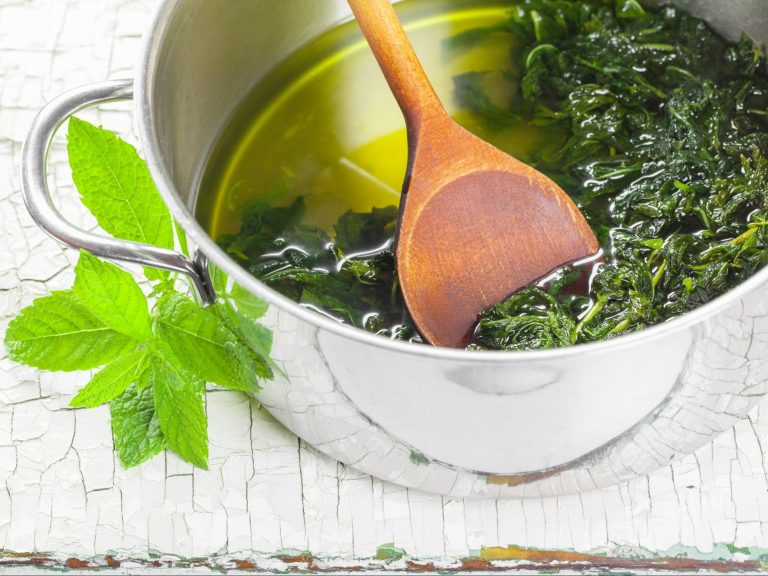Strawberries from Lidl and Biedronka. They checked where there were more pesticides

The Pro-Test Foundation examined pesticide residues in Polish strawberries from Lidl and Biedronka. Harmful compounds were detected in fruit sold in both chains. However, there were more of them in Biedronka.
Strawberry season is in full swing. We often write about the prices of these fruits. This time, however, we will answer the readers’ question not “where is cheaper?”, but “where is safer?”. The Pro-Test Foundation went to Lidl and Biedronka to check which of the two most popular discount stores sells healthier strawberries.
Where are the healthier strawberries? Biedronka loses to Lidl
Fruit purchased in discount stores was taken to a laboratory, where researchers checked whether they contained any of over 540 pesticides. It turned out that all strawberries were contaminated with several toxic substances used in their production process. More various harmful compounds were detected in strawberries from Biedronka. There were as many as seven of them. In turn, strawberries from Lidl contained three pesticides.
– The strawberries we bought at Biedronka contained the most, as many as seven different harmful compounds. These were fruits of the alba variety, offered in one-kilogram tubs under the Biedronka brand Warzywniak. We paid PLN 16.99/kg for them – informs the foundation.
The following chemical compounds were detected in these strawberries: azoxystrobin, cyprodinil, difenoconazole, fludioxonil, captan, spirotetramat and trifloxystrobin.
The fruit purchased in one of Lidl’s branches in Warsaw are strawberries of the Lady Emma variety under the Ryneczek Lidl brand. A half-kilogram package cost PLN 23.98/kg. The Foundation informs that strawberries from Lidl contained residues of: cyprodinil, fludioxonil and fosetyl.
EU standards were not exceeded, but…
The organization notes that the amounts of pesticides detected in the tested strawberries from both Biedronka and Lidl did not exceed the permissible EU standards. Nevertheless, the large number of different compounds, especially in strawberries from Biedronka, raises concerns. Even if individually they are within the normal range, the question must be asked whether they actually have no impact on our health if they occur in several strawberries. Then the total content of these harmful substances becomes many times higher. Moreover – as the foundation notes – during the day we eat not only strawberries, but many other ingredients of our daily diet also contain pesticide residues. It is impossible to control the amount of toxic compounds consumed every day, just as it is impossible to predict how they will affect our health in the long run.
Lidl comments
– The strawberry test results are consistent with applicable law, so their consumption is safe for health. Moreover, they meet all Lidl Polska standards and differ only slightly from the quality of organic products. As part of regular monitoring from 2023, we have conducted over 80 tests for strawberries, where approx. results met all legal requirements. We would like to point out that we test each product for the presence of 730 substances, which is as many as 190 substances more than in the published strawberry test. – we read in a comment sent to the editorial office of “Wprost” from the Lidl Polska press office.
– At Lidl Polska, we always comply with applicable law, and sometimes the internal guidelines adopted by our company are even more demanding than EU regulations. For fresh fruit and vegetables, our pesticide residue policy states that our acceptable level for any one substance detected is a maximum of 1/3 of the legal limits. The total number of residues detected cannot be greater than 5 in one test – it should be emphasized here that the maximum number of residues detected is not legally limited – added in a comment.






